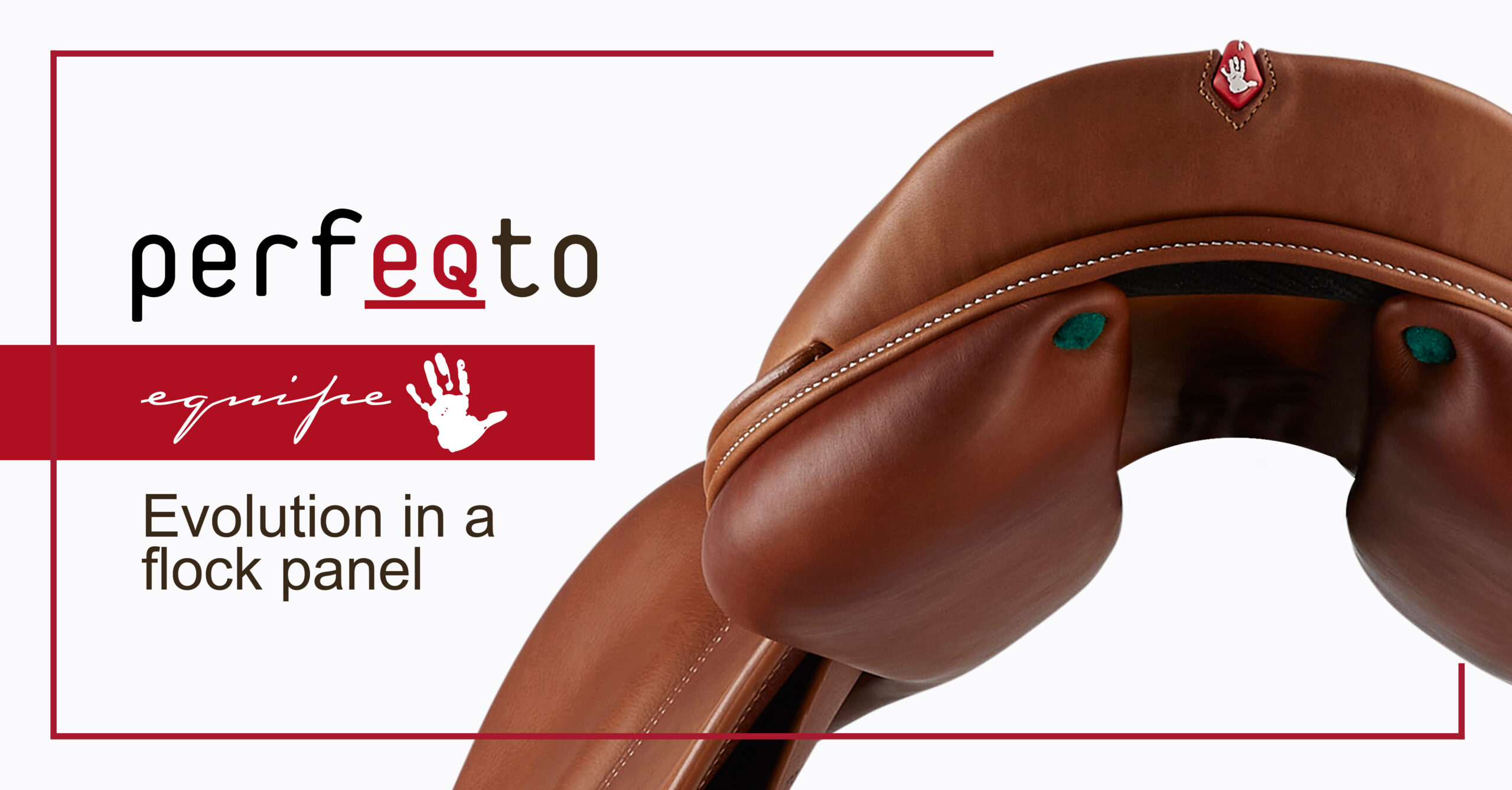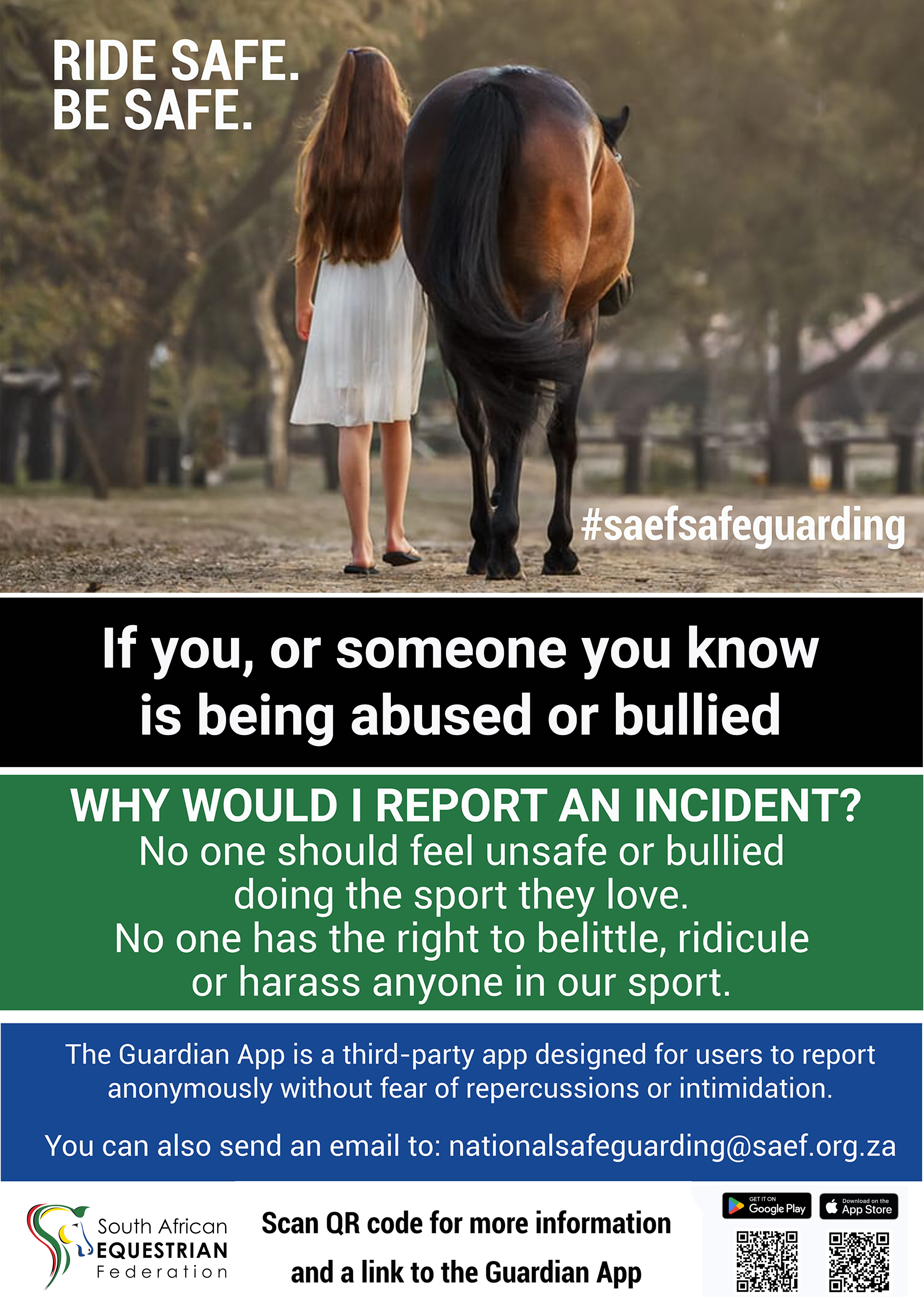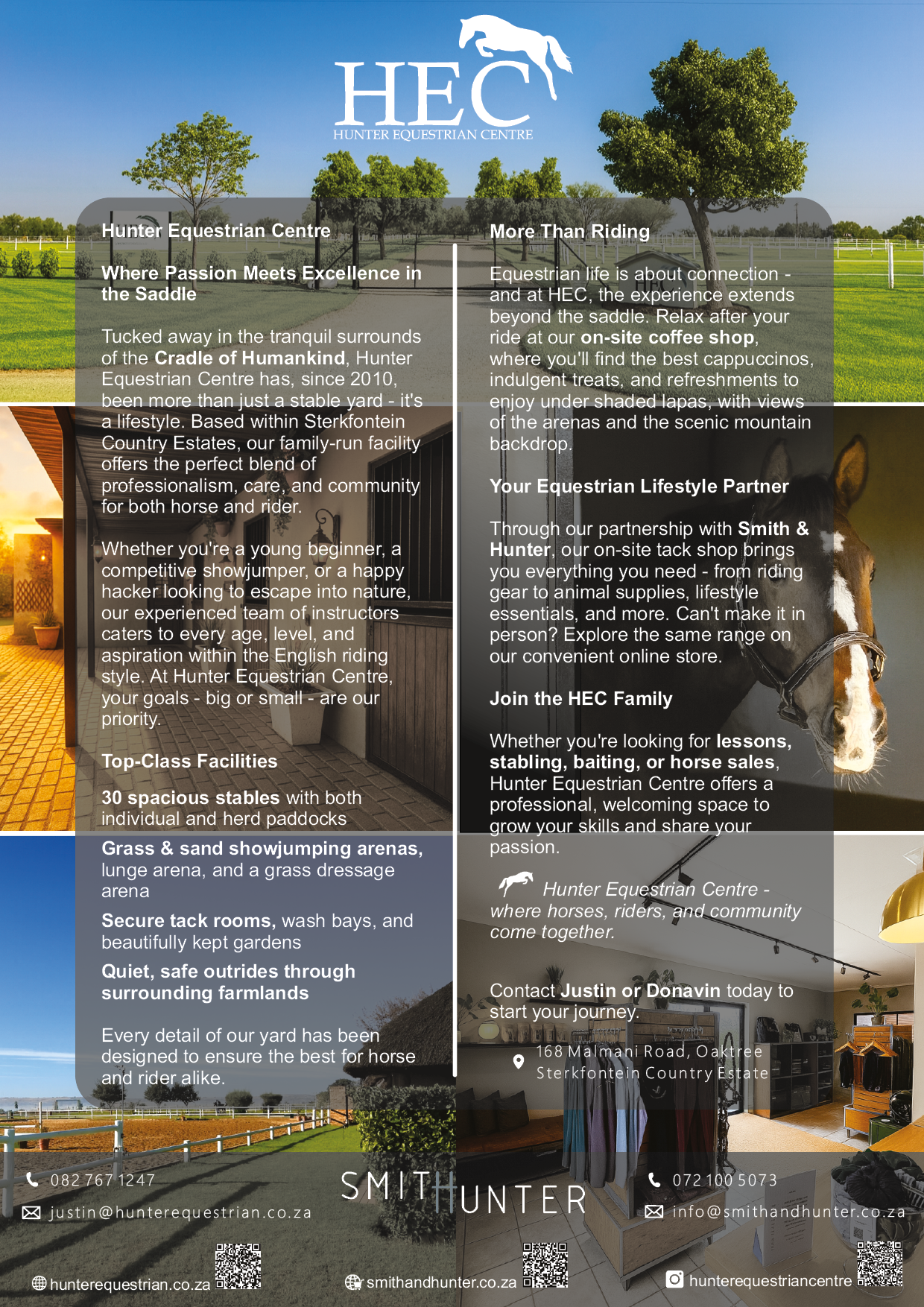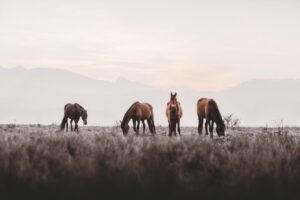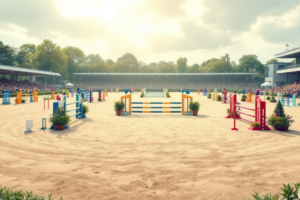After a long 14 year wait and the tremendous investment from the thoroughbred industry and the Hong Kong jockey club, Adrian Todd, and his team from South African Equine Health & Protocols (SAEHP), have successfully worked through putting all the necessary systems in place to have had a successful audit by the Food and Veterinary Office to support direct exports of South African horses to the EU.
In a landmark development for South Africa’s equine community, the long awaited reinstatement of direct horse exports to the European Union (EU) has finally been approved. This decision revives a crucial channel for the nation’s racing, breeding, and equestrian sectors, rekindling hopes long dismissed as mere wishful thinking.
The History of a Difficult Time,The journey to reinstating direct horse exports from South Africa to the EU has been intricate and fraught with challenges, culminating in a significant triumph for the SAEHP and the broader equine community. Following an African Horse Sickness outbreak in 2011, a ban was placed on horse exports, halting what was once a routine practice of a 40-day quarantine followed by direct shipment from Cape Town. The process to lift this ban involved extensive negotiations facilitated by a Public-Private Partnership between SAEHP, the South African Department of Agriculture, Land Reform and Rural Development (DALRRD), and the Western Cape Veterinary Services (WCVS). Crucial to this effort was the support from various stakeholders, including financial backing and technical expertise provided by the Hong Kong Jockey Club (HKJC) since 2021. Despite the challenges posed by the COVID-19 pandemic, which initially delayed the first official EU audit scheduled for 2020 until 2022, SAEHP and its CEO Adrian Todd, managed to navigate through governmental procedures and protocols, often operating without the ability to provide frequent updates to the industry. This silence, while frustrating for many, was a necessary part of adhering to the delicate and drawn-out negotiation process.
A Big Step for SA Equines, “Upon careful evaluation of the audit results, the EU Commission has made a momentous decision. They have voted to allow direct exports from South Africa to the EU to commence. While the official legislation is yet to be published, it is expected to be available soon. The process of publishing this document is intricate and time-consuming, but once it’s out, a commencement date will be set,” said Candice Hobday from Hobday Equestrian Enterprises. Only once the official legislation has been finalised will a schedule for direct exports be put in place. But, while the mechanics of how the law will play out are still to be determined, if we roll back the clock to 2011 – prior to the ban, South African horses were required to do 40 days of quarantine in Cape Town’s quarantine facility. When the ban was instated in 2011, the process extended even longer, with horses being subjected to a 21-day pre-export isolation in South Africa at the Kenilworth Racecourse in Cape Town. Following this, horses were required to fly to Mauritius, where they remained for 90 days, 40 days of which were in vector protected pre-export quarantine. The time and cost of this significantly and negatively impacted not only racing but the ability of South African equestrians across all disciplines to compete on their own mount on a global stage.
A Smoother Process Ahead, The industry is ready for this long awaited announcement. Hobday says, “Following the announcement, the first shipment of 32 horses is full, with only limited space left in the second shipment. This is based on a first come first serve basis. It is also important to note that there are 32 stables at Kenilworth quarantine station, located in the free zone, and it is the only recognised EU-certified facility in South Africa. While the ‘ban’ is lifted, it is expected that horses will still most likely have to complete a residency period in the free zone, which may very well be at the Kenilworth quarantine station.” She states that once horses have completed the quarantine period and tested successfully in Cape Town, they will be transported by charter directly to the EU. Once they have arrived and been assisted by the state veterinarian and passed through customs the horses will be free to travel within the EU with no further quarantine. Horses moving on to other countries, such as Australia or the Middle East, may require further residency. According to Hobday, the actual details of the quarantine period and testing requirements will be confirmed once the full health certificate requirements are published.
Support For Local Industry, The eventual approval to resume direct exports marks not only a victory for South Africa’s thoroughbred racing industry and other equine disciplines but also enhances job creation across all sectors of the South African equine industry. It is also a nod to the high standards at the Kenilworth Quarantine Station. Looking at the bigger picture, this announcement opens the door for South African horses to compete on international stages, including the Olympics, without the need for lengthy and costly quarantine costs. It also finally recognises that horses are not a car that can be parked in a garage for 5 months and then taken out and required to perform at the same level they once did – giving our equine athletes and their riders a better chance at bigger things on a global stage.
For further information, please contact Candice Hobday at 082 320 6724.



